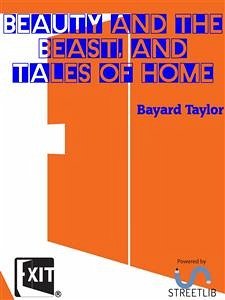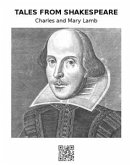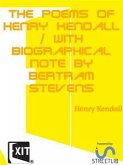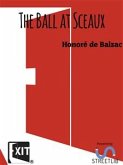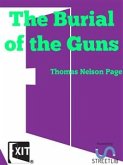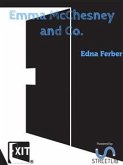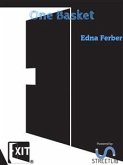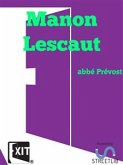I.
We are about to relate a story of mingled fact and fancy. The facts are borrowed from the Russian author, Petjerski; the fancy is our own. Our task will chiefly be to soften the outlines of incidents almost too sharp and rugged for literary use, to supply them with the necessary coloring and sentiment, and to give a coherent and proportioned shape to the irregular fragments of an old chronicle. We know something, from other sources, of the customs described, something of the character of the people from personal observation, and may therefore the more freely take such liberties as we choose with the rude, vigorous sketches of the Russian original. One who happens to have read the work of Villebois can easily comprehend the existence of a state of society, on the banks of the Volga, a hundred years ago, which is now impossible, and will soon become incredible. What is strangest in our narrative has been declared to be true.
We are about to relate a story of mingled fact and fancy. The facts are borrowed from the Russian author, Petjerski; the fancy is our own. Our task will chiefly be to soften the outlines of incidents almost too sharp and rugged for literary use, to supply them with the necessary coloring and sentiment, and to give a coherent and proportioned shape to the irregular fragments of an old chronicle. We know something, from other sources, of the customs described, something of the character of the people from personal observation, and may therefore the more freely take such liberties as we choose with the rude, vigorous sketches of the Russian original. One who happens to have read the work of Villebois can easily comprehend the existence of a state of society, on the banks of the Volga, a hundred years ago, which is now impossible, and will soon become incredible. What is strangest in our narrative has been declared to be true.

